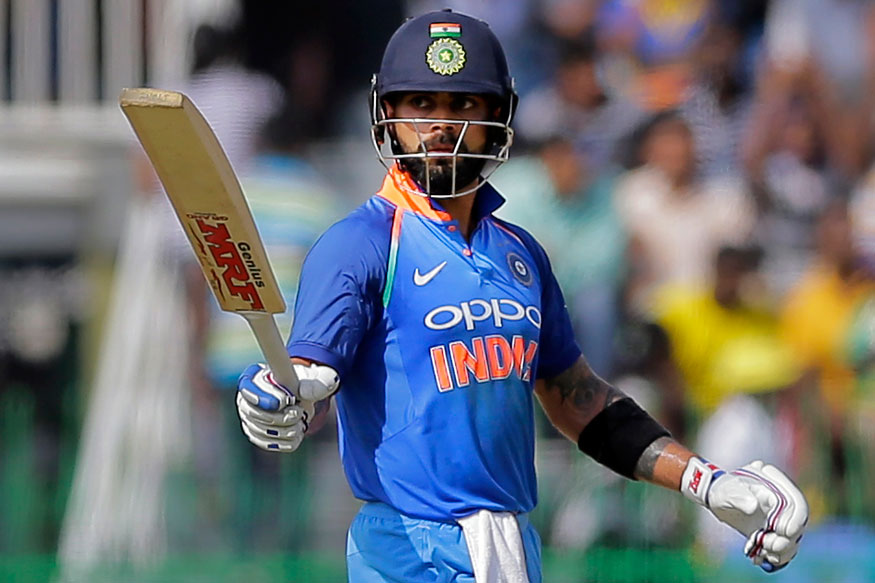The Group of Ministers (GOM) led by Himanta Biswa Sarma, the Assam Finance Minister, has on 29 October, 2017 recommended a few more reliefs for small businesses---hike in turnover threshold for composition scheme to Rs 1.5 crore from the recently hiked Rs 1 crore per annum plus a uniform rate of Goods and Services Tax (GST) of 1 percent under the composition scheme as opposed to the current flat rates of 1 percent, 2 percent and 5 percent respectively for traders, manufacturers and restaurateurs. Smallness would be coveted like never before if these recommendations are accepted.
Even the current dispensation provides the much-needed gravitas for smallness. On air-conditioners, the GST rate is 28 percent but not so on the entire amount if you purchase it from a small trader eligible for composition. He gets away with 1 percent and so do you even though he is not allowed to charge GST in his invoice to the ultimate customer just as he is not entitled to input tax credit hitherto paid by the supply chain.
The denial of input tax credit may not mean gloom and doom in a country where the last-mile retail margin is heavy, in the region of 30 percent to 40 percent in a vast majority of cases with medicines enjoying top-of-the-mind recall among the cognoscenti. In other words, the retailer’s margin which is value addition of anything between 30 percent to 40 percent would get away with just a rap on the knuckles---1 percent tax.
Etailers would be hit badly because supply to and through online portals like Amazon or flipkart does not qualify for composition. ACs may witness sale only through small traders with annual turnover of not more than Rs 1.5 crore that converts into a monthly turnover of Rs 12.5 lakh that in turn converts into a monthly sale of 50 ACs assuming an average price of Rs 25,000 per AC. That should leave everyone happy including the small trader and the ultimate consumer except the online portals who may have the mortification of seeing their turnover taking a dip in favor of the bricks and mortar small traders who dot our rural and urban marketscape. ACs is just a metaphor for high tax GST items.
The result would be two-fold---tremendous loss of revenue to the exchequer should the smallness frenzy grip our trade with even the big ones courting and contriving it. And what happens to your eloquent Hawaii chappals - BMW dichotomy Mr. Jaitley? Finance Minister Arun Jaitley never tires of reminding us the need for 5 rates of GST as opposed to a single rate of 18 percent written into the Constitution as canvassed by Rahul Gandhi, the Congress vice-president. He says the lowly Hawaii chappals must be taxed lightly and the swanky BMW car must be taxed stiffly much to the Communists’ delight. But aren’t you taxing AC, the metaphorical BMW, at 1 percent on as much as 30 percent of its turnover assuming the last-minute retail margin on it to be 30 percent and further assuming people thronging in droves to small shops for purchasing ACs. Indeed the one-size-fits-all norm of 1 percent GST might come to haunt the government if the country witnesses the smallness mania like never before. The 1 percent tax that he is not able to pass on to the customers won’t be a burden at all given the huge retail margins the country is famous for.
The truth is the government and its ministers are clueless about the nature of difficulties faced by the small businesses. Their difficulties do not center around rates because the GST imports is in any case passed on to the ultimate consumer but around procedural and implementation hassles. These need to be eased. India boasts just a 40 percent internet access unlike 100 percent by countries like Sweden. And even this 40 percent is irrelevant because a lion’s share of it is through mobile networks whereas GST uploading presupposes and requires robust broadband network across the country.
Published Date: Oct 30, 2017 01:22 pm | Updated Date: Oct 30, 2017 01:22 pm




















